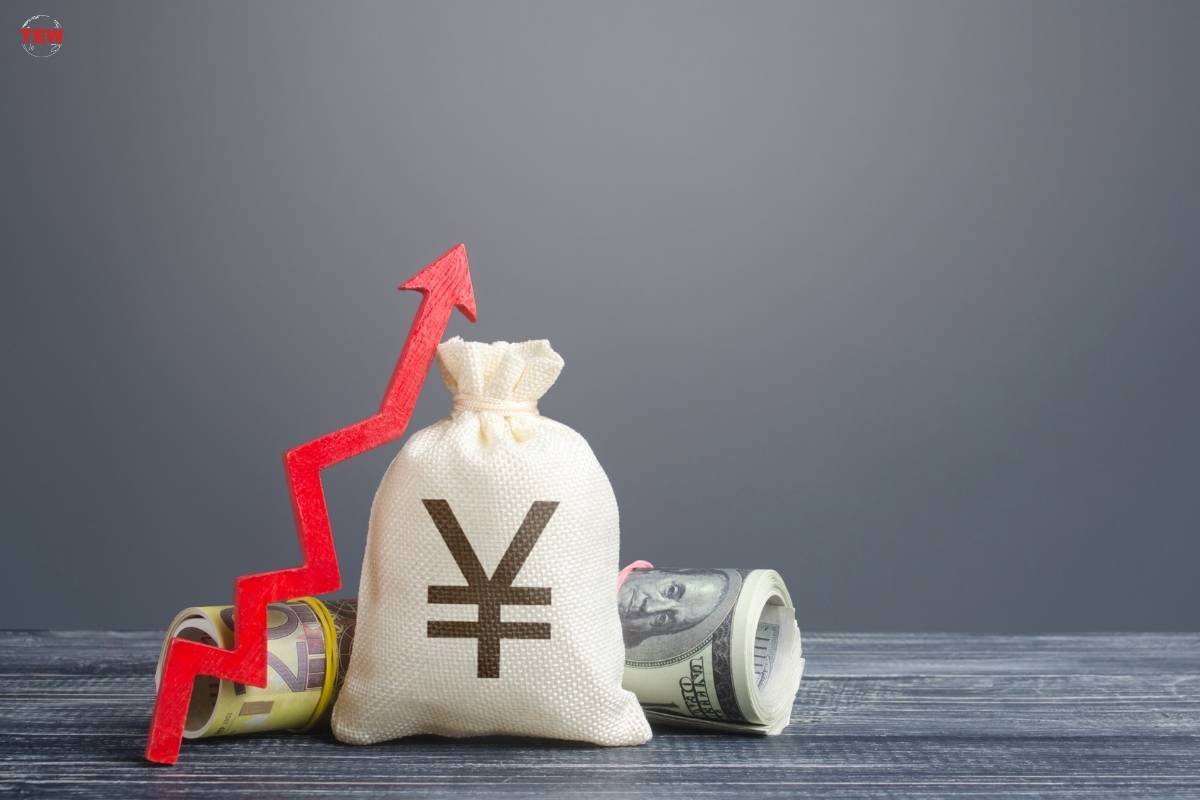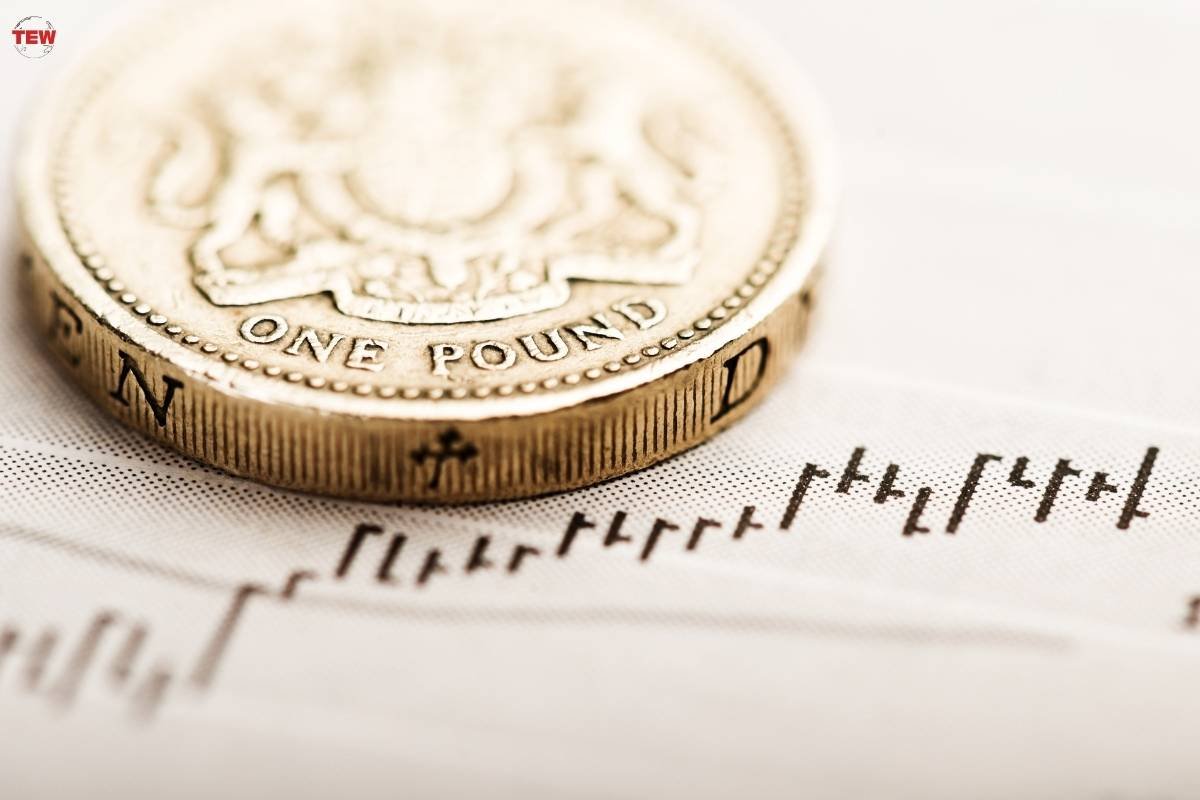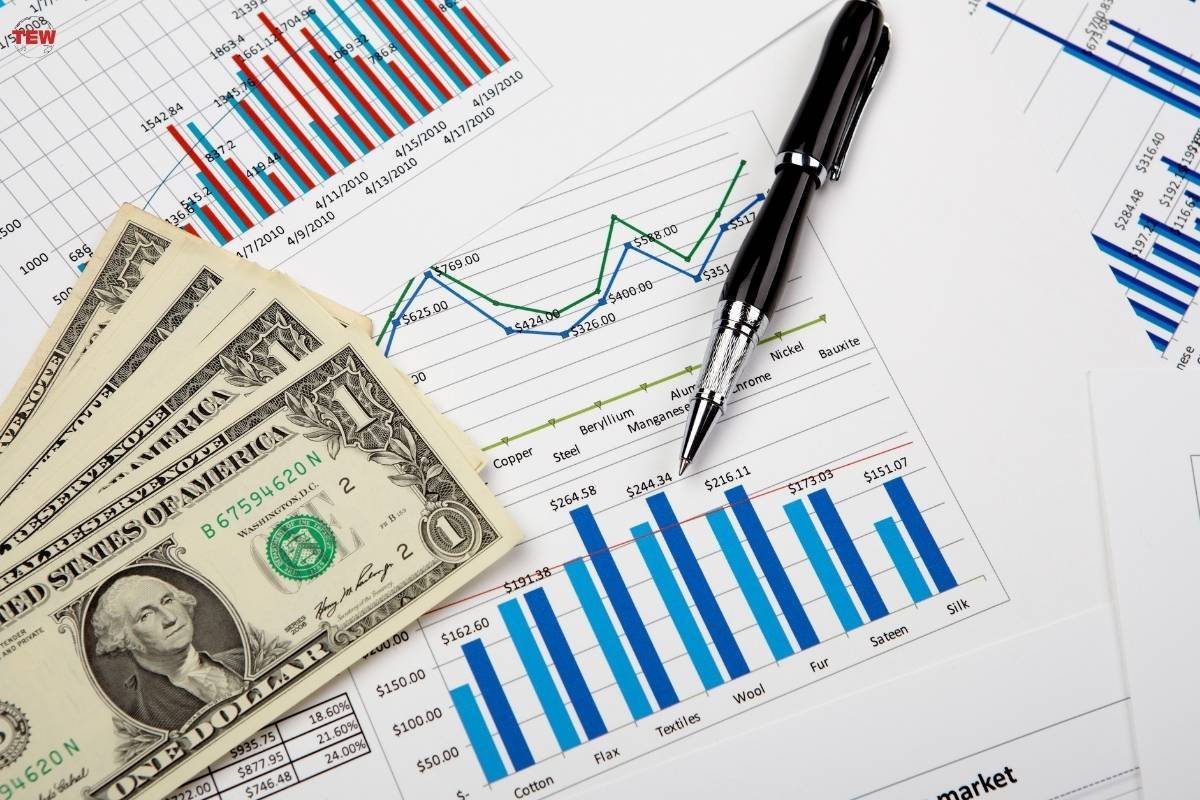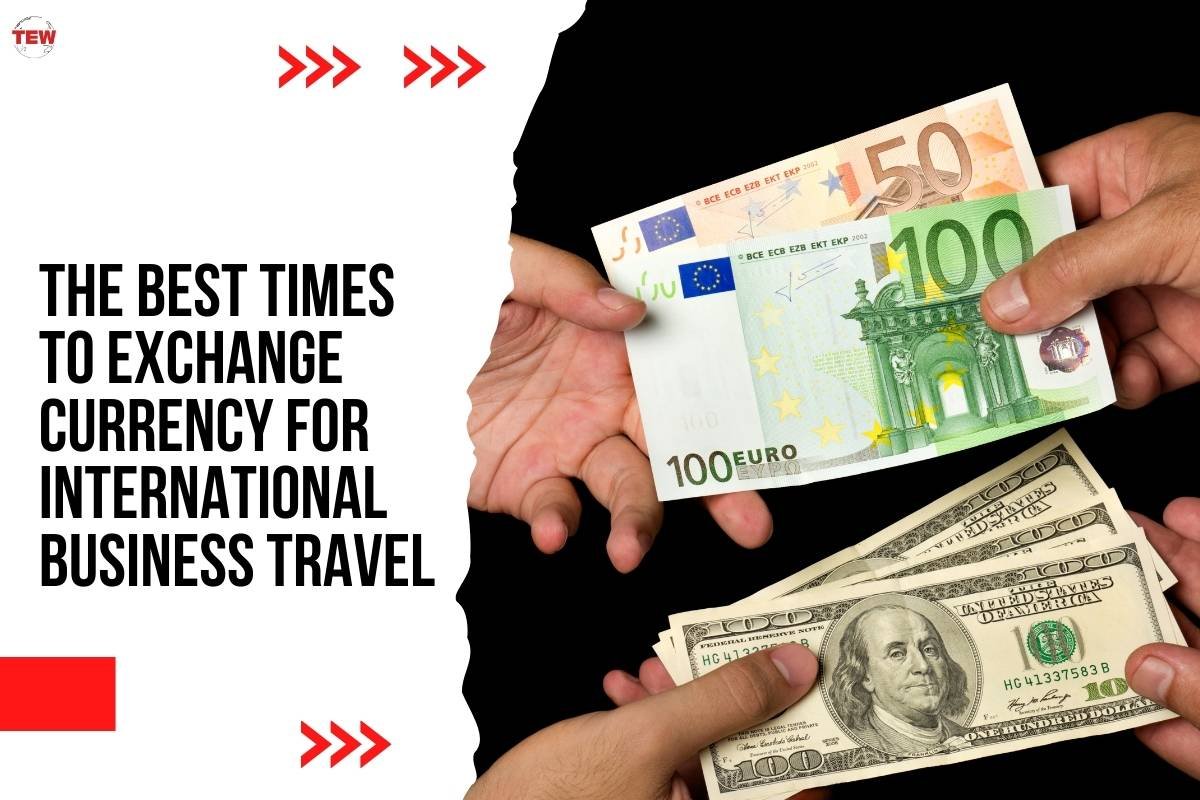International business travel brings immense opportunities, but it also carries unique challenges. One constant source of potential financial fluctuation is currency exchange rates. The rate at which you convert your home currency into foreign currency can significantly impact your trip’s budget. Knowing the best time to exchange currency for business travel can mean distinguishing between getting the most out of your travel money and being blindsided by additional, unforeseen expenses.
Smart planning means more than finding a good exchange rate – it’s about choosing the best time to exchange currency for business travel. By being aware of market trends, avoiding last-minute exchanges, and considering helpful financial tools, you can maximize your business travel money and make expense planning smoother.
Here’s a look at the best time to exchange currency for business travel for the best rates:
1. Before the Peak Travel Seasons
Peak travel seasons bring a heightened demand for foreign currency, often driving up exchange rates unfavorably. Hotels and airlines may even tack on surcharges during these periods to account for changing exchange rates. Preemptively exchanging currency well before peak travel times, you will benefit from better rates and reduce overall budget strain.
To maximize the value of this strategy, identify peak travel seasons in your destination country. These may depend on holidays, popular festivals, or seasonal weather patterns attracting more visitors. Planning exchanges a few months before these peak periods can make a noticeable difference.
Additionally, you can reserve your money months before traveling at airport kiosks such as WorldwideMoneyExchange.net. This allows you to lock the current exchange rate and avoid settling unfavorable rates during the peak travel season when the demand is high. An important note is always to double-check if your preferred exchange service incurs additional fees for reserving currency to avoid paying more.
2. During Economic Stability
A country experiencing economic stability usually correlates to favorable and readily predictable exchange rates. Indicators like positive GDP growth, controlled inflation rates, and strong interest rates contribute to a resilient currency with less volatile fluctuations. Times like these can be advantageous for exchanging your currency.

Stay updated on your destination country’s economic reports through resources like its central bank’s website or financial news outlets. These reports often outline key economic indicators, aiding you in understanding trends and determining if a period of relative stability may offer opportune exchange points.
During economic stability, comparing various currency exchange service providers is often worth comparing. With less market volatility, the differences in rates and fees between exchange service providers become more readily transparent, allowing you to seek the best deal easily.
3. After Significant Political Events
Major political changes like elections, government policy shifts, or social unrest can shake up currency values. During political tension, markets become volatile, impacting exchange rates negatively. Taking caution and waiting for markets to stabilize post-event may be wiser than immediately exchanging currency reactionarily.
Monitoring market sentiment, in addition to news resources, is helpful during uncertain political climates. Sites that track sentiment toward global currencies often indicate if there’s an overwhelming sense of negativity that might be artificially depressing a currency’s value well beyond its true worth.
Remember the best time to exchange currency for business travel, in politically uncertain times, fluctuations can be swift. Holding only moderate amounts of your destination’s currency is safer. As stability returns, it’s wiser to exchange larger amounts rather than risk being stuck with the country’s currency if rapid devaluation suddenly occurs.
4. Ahead of Expected Market Fluctuations
Staying informed about financial news concerning your destination country can alert you to potential shifts in currency rates. Announcements from banks, economic data releases, or significant market events can all hint at upcoming exchange rate changes.

Anticipating potential downward shifts in your destination country’s currency could mean securing better rates with well-timed exchanges. Conversely, an informed prediction of a favorable change in its currency value may indicate that it is better to hold off on exchanging if possible.
Financial news sites are essential companions, and many online services aggregate relevant headlines specific to market fluctuation for particular regions. It’s wise to set news alerts, particularly leading up to your trip, to be notified in real-time of financial reports or events about your destination that might impact your exchange strategy.
5. When the Home Currency is Strong
If your home currency is performing exceptionally well against the currency of your destination, it’s prime time to make the exchange. A strong home currency offers more leverage in purchasing power when exchanged during these periods.
Track currency trends via websites for exchange rate comparisons or market news outlets. Historical data can often pinpoint times of the year when your home currency is traditionally stronger than certain other currencies. This knowledge can significantly improve the best time to exchange currency for business travel.
However, caution is warranted since even strong currencies can unexpectedly waver. Avoid exchanging 100% of your required budget all at once if your home currency is surging. A staggered approach where partial amounts are exchanged can mitigate risk if circumstances change rapidly.
6. Utilizing Mid-week Rates
Exchange rates on weekends often have wider margins due to lowered market activity. On the other hand, Tuesday, Wednesday, or Thursday often present opportunities for more optimal pricing due to regular volume trading patterns.
If feasible, schedule currency exchanges mid-week. Avoid exchanging at airports or tourist centers as these generally offer comparatively unfavorable rates. Instead, prioritize reputable banks or well-reviewed currency exchange bureaus.
It’s worthwhile to compare rates across several providers. Even relatively small variations can accumulate with multiple exchange transactions throughout your trip. Online converters may indicate a fair rate, allowing you to gauge whether a physical exchange service provider’s proposed rates are truly beneficial.
7. Post Major Economic Announcements
Following major financial announcements like changes to interest rates reports on the inflation rate, or other influential economic reports, it’s prudent to analyze how markets react. Currency values sometimes have noticeable adjustments in response to this type of news.

Avoid impulsive behavior. Rather than reacting immediately, carefully monitor markets’ reactions in the hours or days following economic reports. Waiting for volatility to recede can often open up windows where a short-term price correction in your favor arises.
Be aware of currency pairs when using this strategy. For example, a U.S. interest rate announcement might cause fluctuations between the U.S. dollar and the euro, even if your business travel has nothing to do with the U.S. or Europe. Monitoring wider movements can uncover unexpected benefits when a ripple effect impacts your specific interest currency.
Conclusion
The best time to exchange currency for business travel isn’t merely about squeezing out the best absolute rate. It’s integral to responsible business travel expense management and risk mitigation. By avoiding common pitfalls, being proactive, and employing the right tools, you can optimize your company’s financial results in international endeavors.




